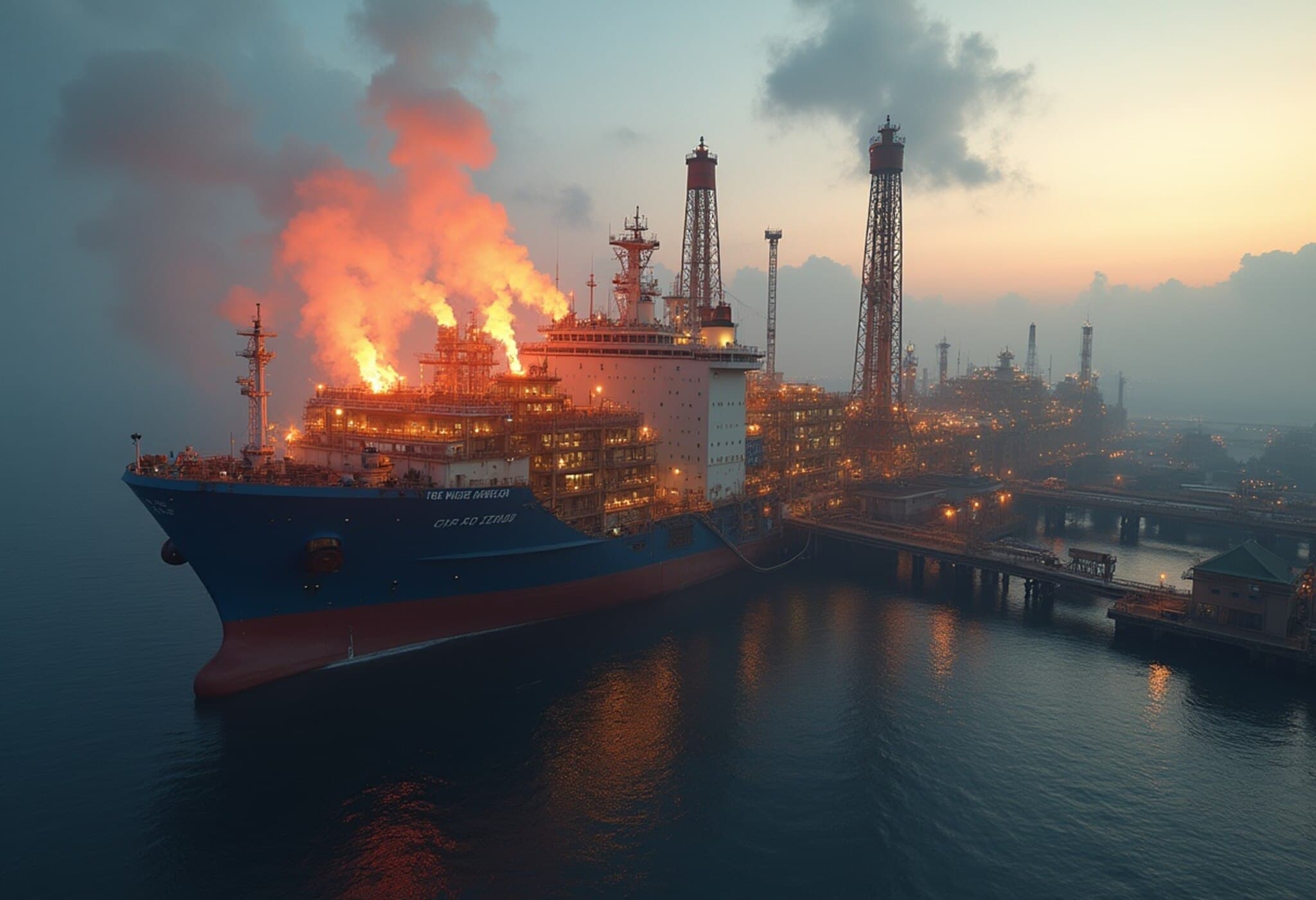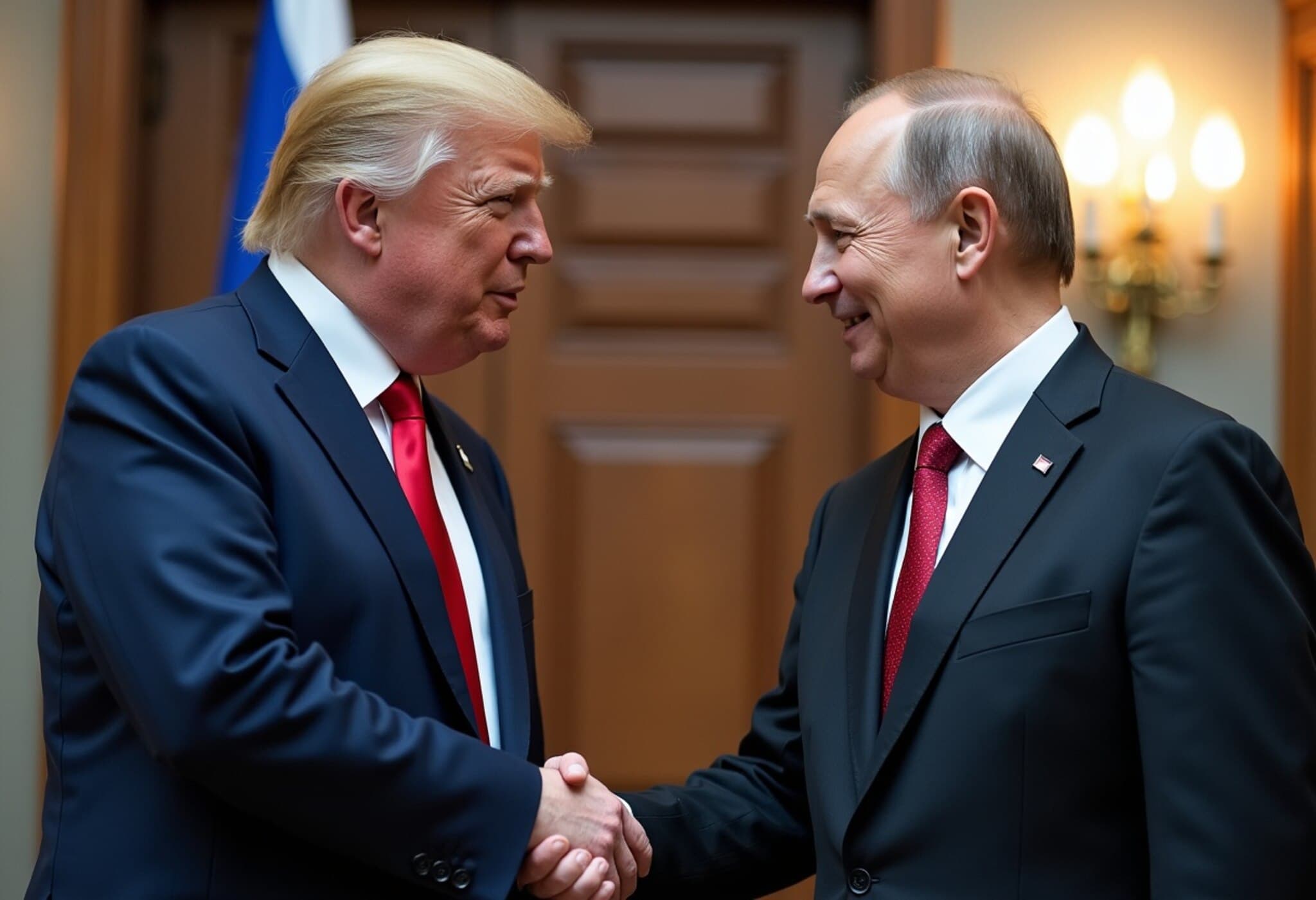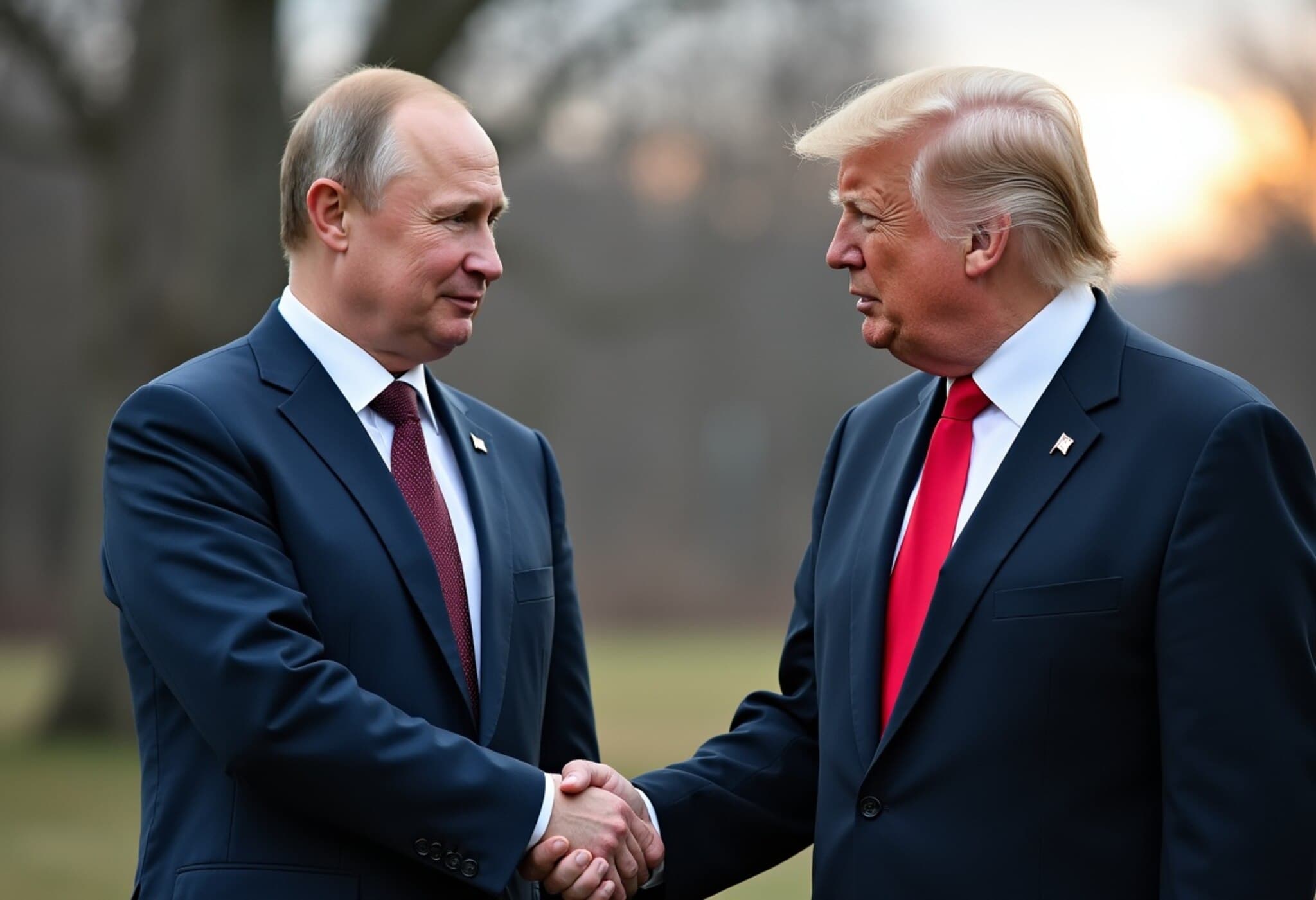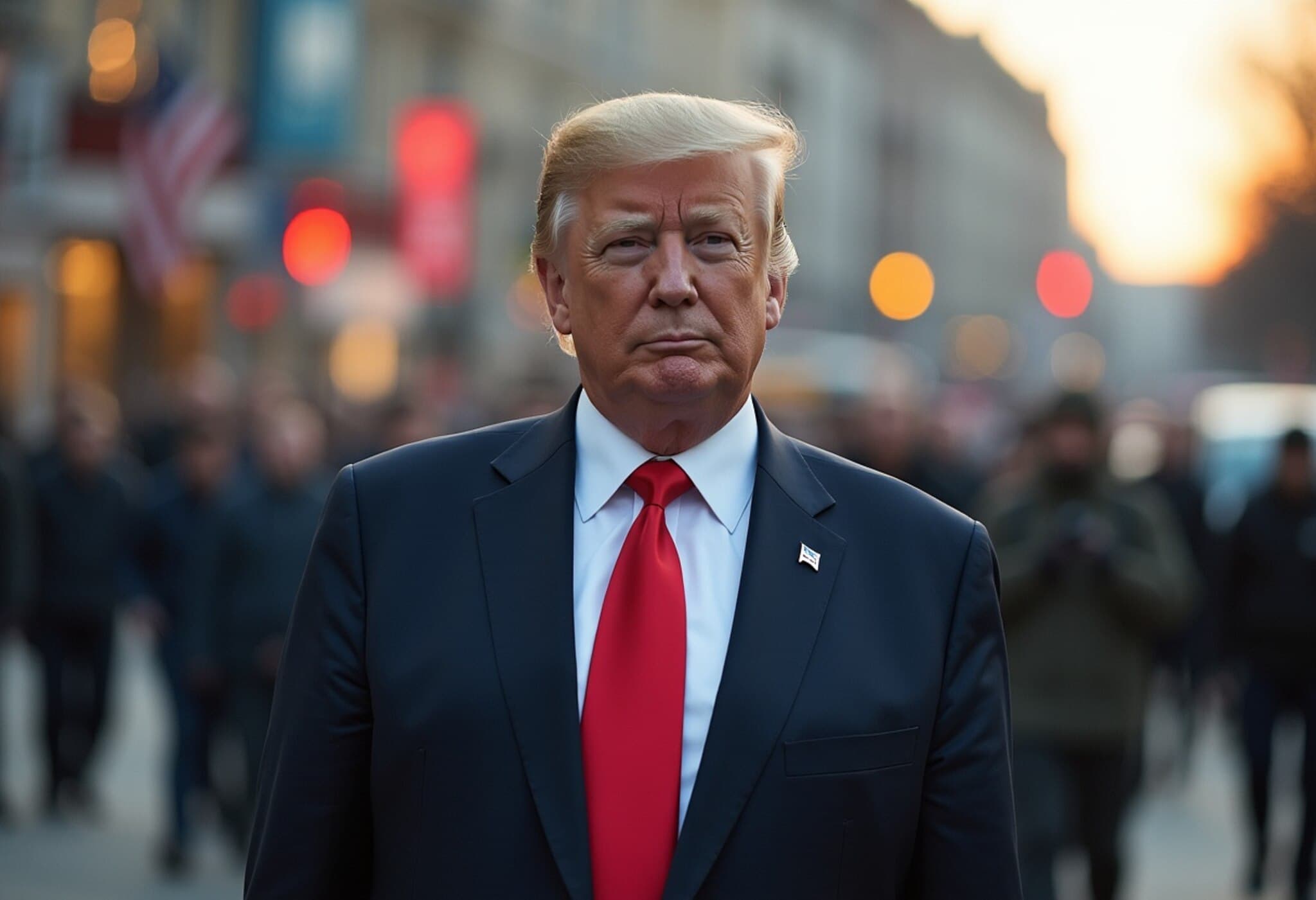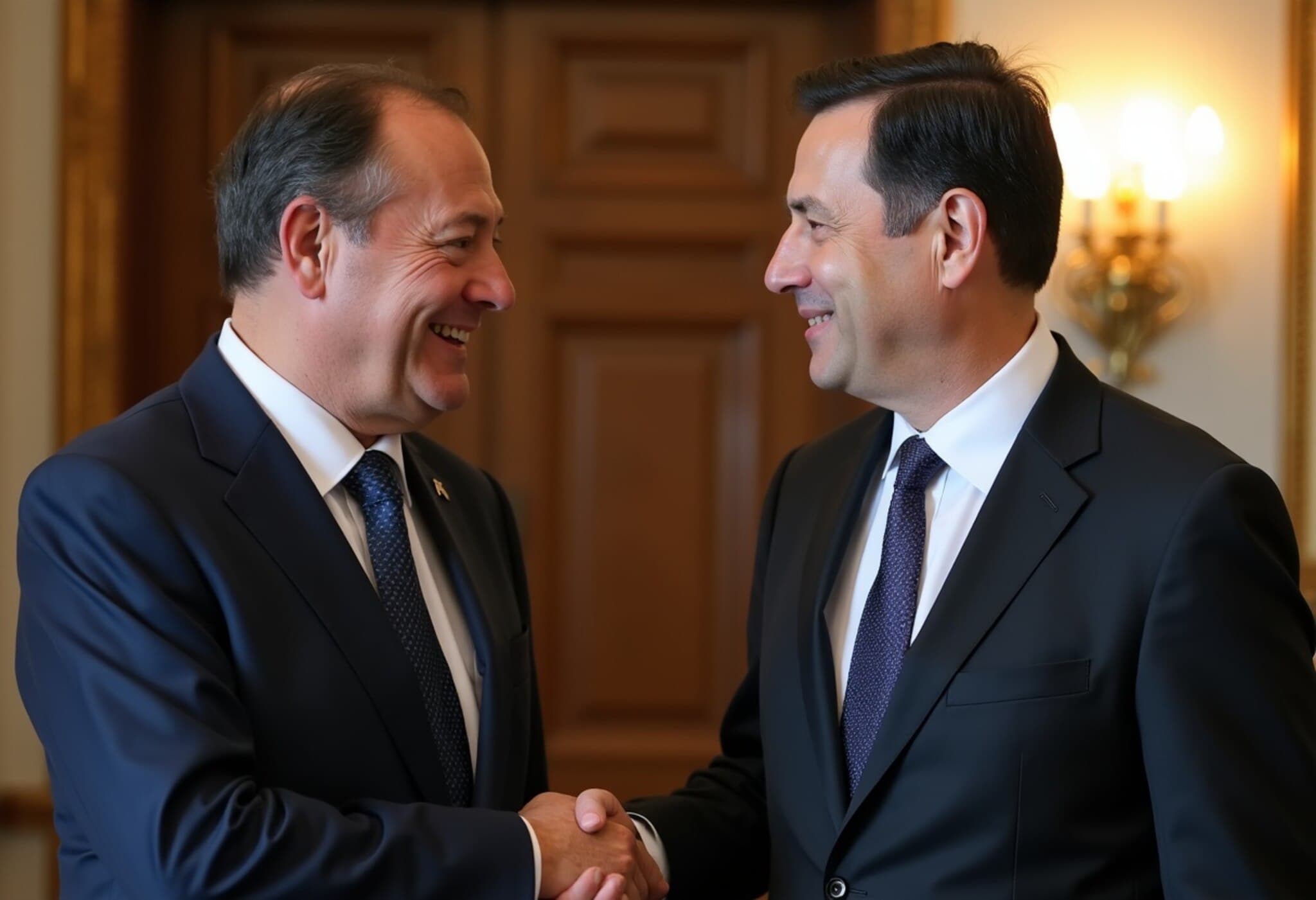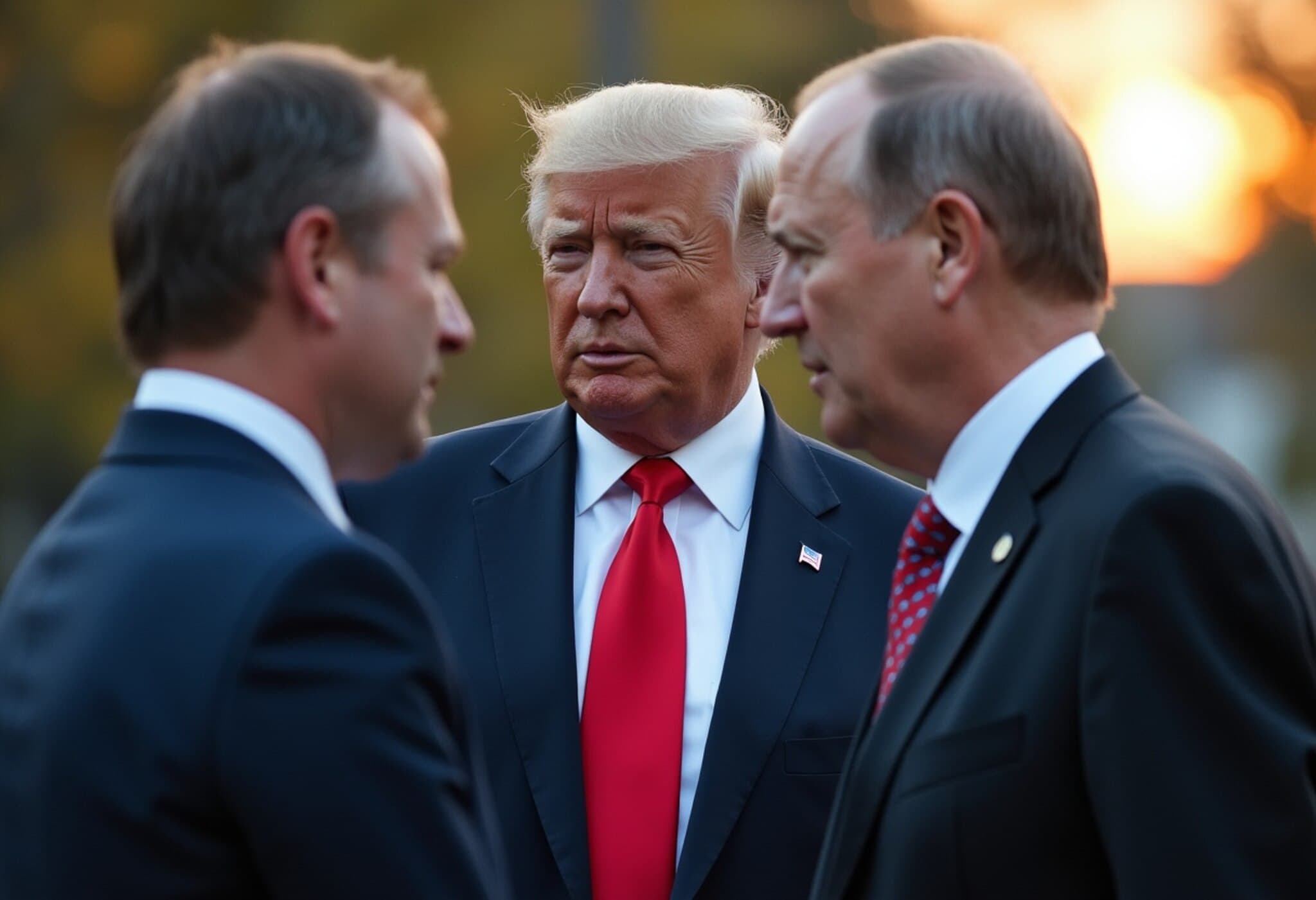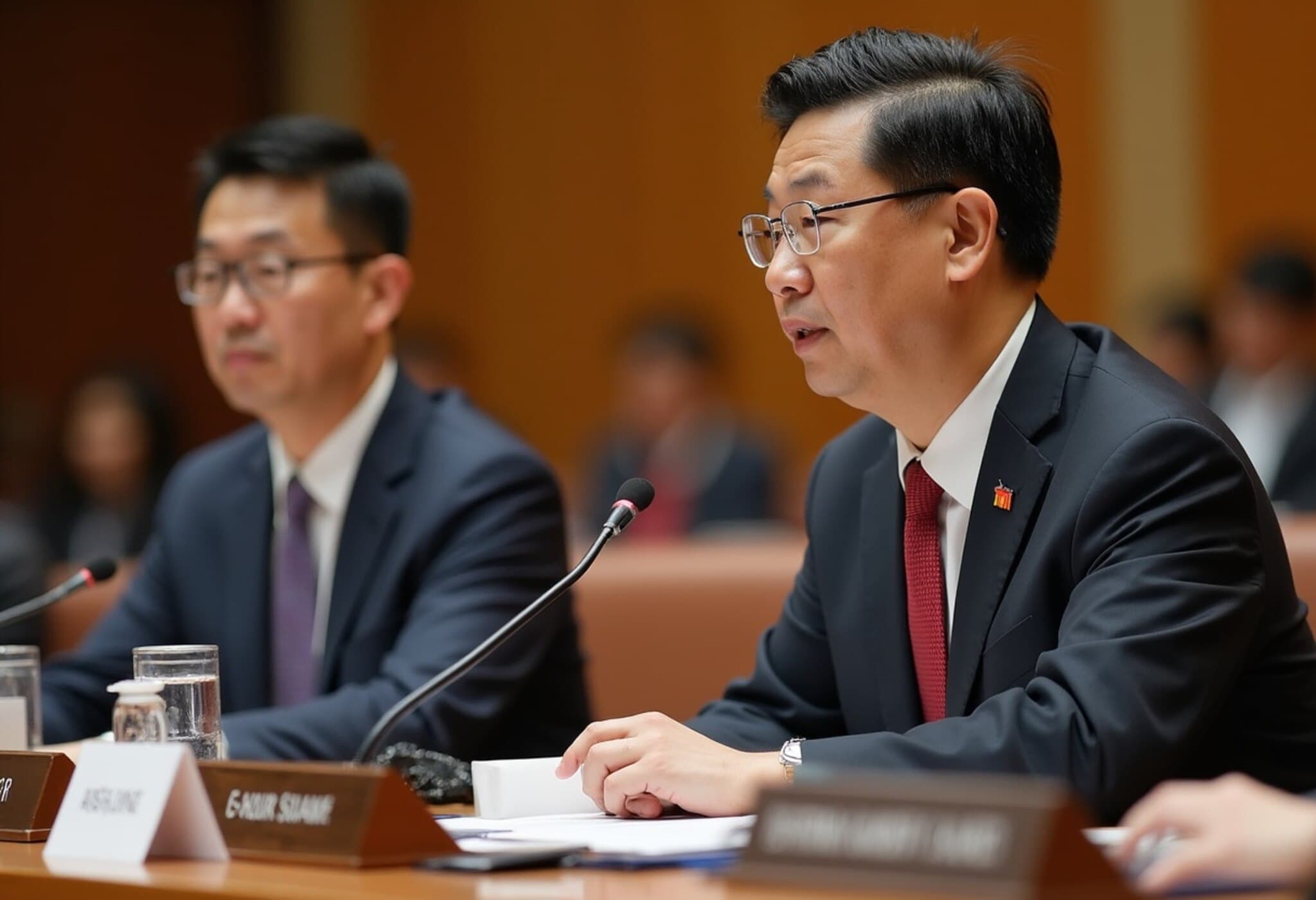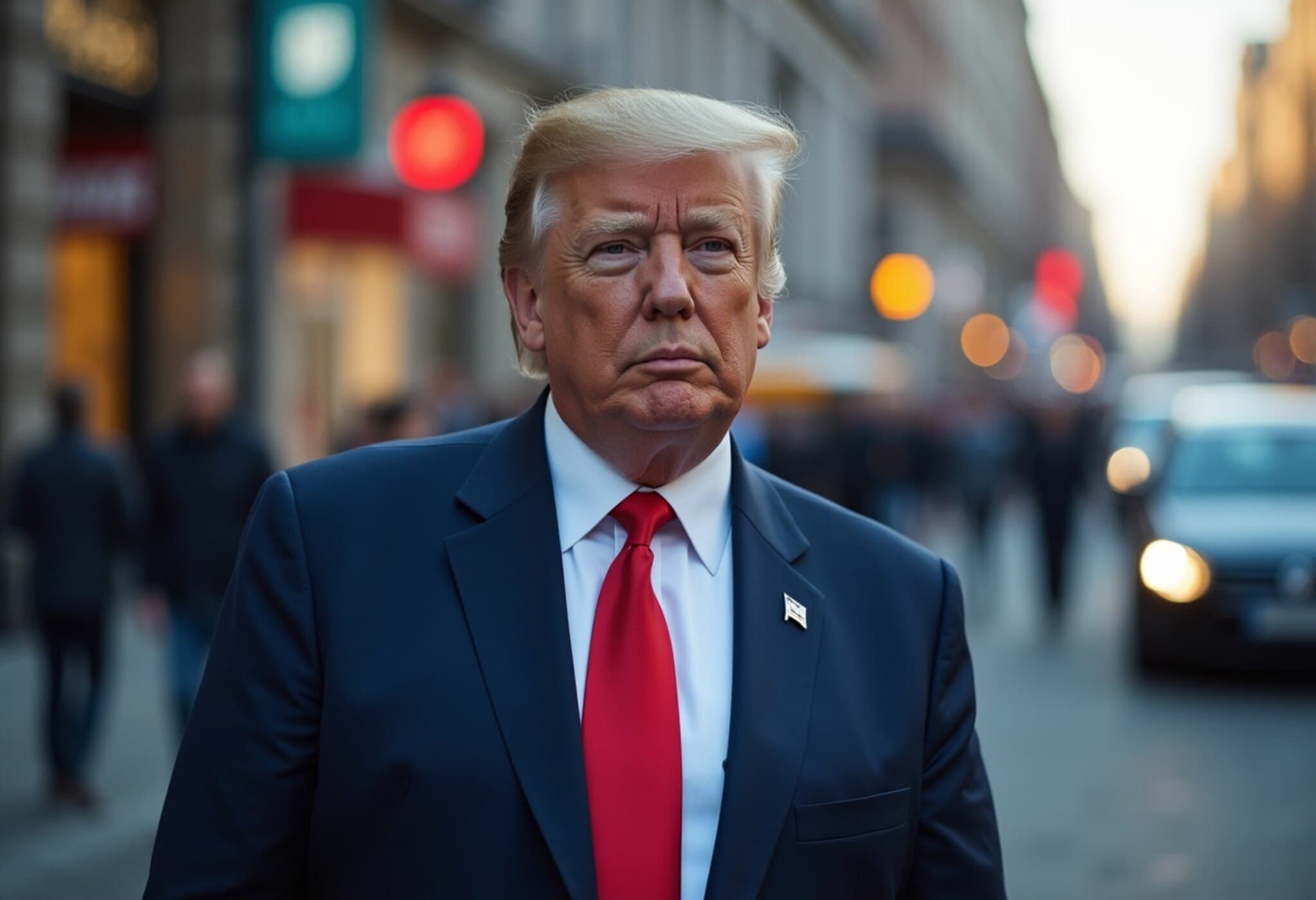European Union Enacts Stricter Oil Price Cap to Undermine Russia’s War Funding
The European Union has advanced its economic pressure on Russia with a fresh sanctions package that notably reduces the allowable price for Russian crude oil purchases. This move, announced in July 2025, aims to further curtail Moscow’s oil revenues, which form the financial backbone of its military campaign in Ukraine.
Background: Strategic Price Caps on Russian Oil
Since Russia’s invasion of Ukraine in February 2022, the G7 nations, alongside the EU, adopted innovative sanctions including a price cap mechanism on Russian oil. This policy permits non-G7 countries such as China and India to continue buying Russian crude as long as they do so below a set threshold and rely on G7 shipping and insurance services, essential for global oil transportation.
- Initial cap: Established at $60 per barrel in December 2022.
- Objective: Restrict Russia’s war chest without triggering global oil supply shocks.
- Markets affected: Primarily redirected Russian exports from Europe to Asia.
New Sanctions Package: Lowering the Oil Price Cap
EU Commission President Ursula von der Leyen emphasized, “We are striking at the heart of Russia’s war machine,” highlighting the comprehensive nature of sanctions targeting banking, energy, and military-industrial sectors alongside the “new dynamic oil price cap.”
Top EU diplomat Kaja Kallas also confirmed a further reduction in the oil price cap as part of the 18th sanctions package against Russia. Moreover, for the first time, the EU has sanctioned Rosneft’s largest refinery in India, marking a direct intervention into Russia’s key oil processing infrastructure abroad.
Details regarding the exact new cap remain undisclosed, underscoring the ongoing diplomatic sensitivities and the strategic use of ambiguity as part of sanction enforcement tactics.
Implications for Global Energy Markets and Geopolitics
This development carries multiple layers of significance:
- Financial pressure on Russia: By squeezing oil revenues, the EU and G7 countries seek to reduce Russia’s ability to finance prolonged military engagements.
- Energy security balancing act: Tightening the cap while avoiding supply disruptions demonstrates determination to maintain global energy market stability.
- Diplomatic signaling: Sanctioning a major Russian refinery in India signals growing Western scrutiny on third countries facilitating Moscow’s energy commerce.
- Market ripple effects: Buyers in Asia may face challenges sourcing discounted crude, potentially reshaping crude oil trade flows and pricing dynamics in the region.
Expert Insight: What Lies Ahead?
From a policy analyst perspective, this deepening sanctions strategy reveals the EU’s commitment to a long game — depriving Russia of financial resources without igniting sharp commodity price spikes that could hurt consumers worldwide, particularly in energy-dependent economies.
However, the evolving tactics also raise critical questions about enforcement — how effectively can the G7 and EU monitor and penalize covert circumvention methods such as ship-to-ship transfers, falsified cargo documents, or alternative insurance providers outside the scope of sanctions?
Furthermore, the sanctioning of Russian energy assets in India highlights widening geopolitical contests. India’s balancing act between strategic partnerships with Russia and growing ties with the West will become more complex as these sanctions deepen.
Looking Forward: Coordination and Compliance Challenges
Canada, holding the rotating G7 presidency in 2025, is expected to play a key role in driving consensus and compliance enforcement mechanisms for this new price cap. How effectively these international players collaborate will determine whether financial pressure can be maintained without unintended disruptions to the global energy supply chain.
Editor’s Note
While the updated oil price cap marks a potent escalation in Western sanctions against Russia, the true test lies in consistent enforcement and global cooperation. Observers should watch how markets, especially in Asia, adjust to these tightening measures and whether Moscow finds new avenues to circumvent economic pressure. As the geopolitical chessboard evolves, energy resources remain a critical lever of influence, raising stakes not only for Ukraine's future but for global economic stability.

